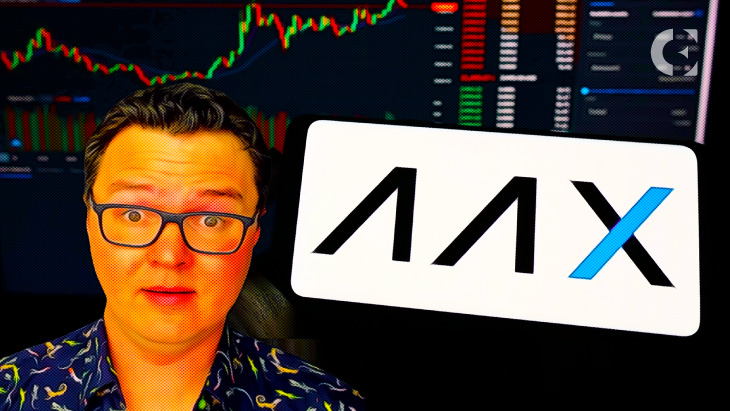- Atom Asset Exchange has decided to implement regulations in the crypto trade to sustain the company’s loss since the FTX fall.
- As part of the regulations, the company has suspended withdrawals since last month.
- The company guaranteed that the further regulations would not affect the country’s mission to become a crypto hub.
Reportedly, Atom Asset Exchange (AAX), the cryptocurrency exchange founded in Hong Kong, has suspended withdrawals from the middle of the previous month, as part of the regulations implemented by the company to sustain the “yet unknown” losses.
Since the fall of the once-prominent crypto exchange FTX, almost all the digital asset firms had been facing troubles. As the sudden collapse had a negative impact on the crypto community, traders had been continuously withdrawing their various holdings, resulting in the plummet of token prices.
Thus, crypto regulations have become a necessity throughout the world. Some crypto hubs have already initiated legal procedures to implement crypto regulations like taxation.
Notably, Hong Kong has also adopted regulations to implement in its crypto space in the wake of the losses, but with a keen cautiousness to carry out the rules by not disturbing the country’s aim at establishing a virtual asset hub.
It is pertinent to note that the closing statement of the company, “no funds have been compromised” wasn’t satisfactory for the investors as it hasn’t touched the reassurance of the losses.
Significantly, Paul Chan Mo-po, the company’s Financial Secretary, said that virtual assets and cryptocurrencies are “unstoppable” and that the government should embrace “virtual assets”.
However, the firm has been careful to distinguish between the regulated assets such as the digitalised forms of stocks, bonds, exchange-traded funds, and other financial instruments, and the modern blockchain-based instruments such as non-fungible tokens (NFTs), bitcoin, and other digital tokens that haven’t been regulated yet.
Further, the company claims proper crypto regulations regarding financial stability, consumer protection, money laundering, and terrorist financing. Relatedly, Chan said that the new approach would be “same business, same risk, same rules”.
Disclaimer: The information presented in this article is for informational and educational purposes only. The article does not constitute financial advice or advice of any kind. Coin Edition is not responsible for any losses incurred as a result of the utilization of content, products, or services mentioned. Readers are advised to exercise caution before taking any action related to the company.










